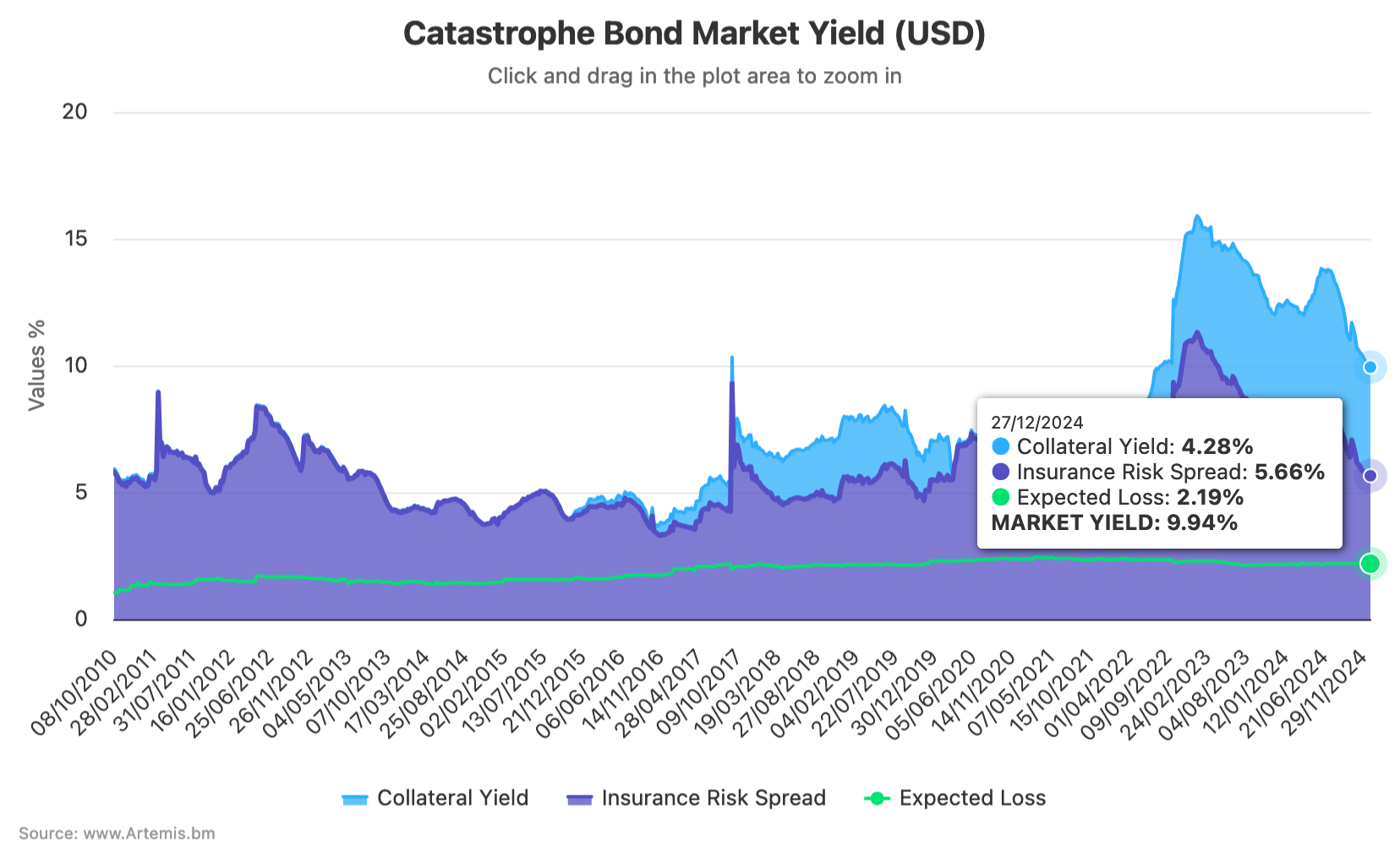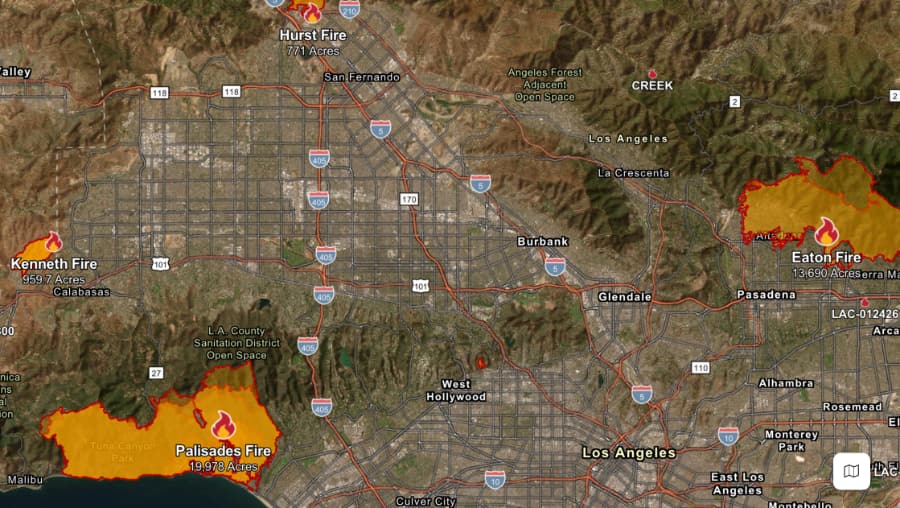Munich Re estimates the insurance and reinsurance industry’s financial toll from natural catastrophe events in 2024 at US $140 billion, while economic losses were far higher at $320 billion.
 The figures compare to insured losses of $106 billion in 2023 and economic losses of $286 billion.
The figures compare to insured losses of $106 billion in 2023 and economic losses of $286 billion.
Thomas Blunck, Member of the Board of Management at Munich Re commented, “One record-breaking high after another – the consequences are devastating. The destructive forces of climate change are becoming increasingly evident, as backed up by science. Societies need to prepare for more severe weather catastrophes. Accordingly, Munich Re is expanding and adapting its risk models to address these developments. This allows us to maintain, and even expand, our substantial risk capacity, helping to close the protection gap. At its core, insurance puts a price tag on the risks, which further encourages prevention.”
The figures make 2024 the the third most expensive catastrophe loss year for the insurance industry, while on an economic basis it was the fifth most costly since 1980.
Weather related catastrophe events were the main driver, accounting for 93% of overall losses and 97% of insured losses, Munich Re said.
Non-peak peril losses were again a significant proportion of the total for the year, with events such as floods, wildfires, and severe thunderstorms driving economic losses of $136 billion and $67 billion insured Munich Re explained.
Tropical cyclones around the world contributed $52 billion to the insured losses, with $47 billion coming from the US hurricane season.
Hurricane Helene is estimated at $16 billion, while Munich Re has put hurricane Milton at a $25 billion insurance industry loss.
Regionally, it was North America (including Central America and the Caribbean) that bore the brunt of global insured catastrophe losses again, at $108 billion.
Severe thunderstorms were again a significant contributor with insured losses of $41 billion from this peril.
Canada saw its highest economic losses from natural disasters since 1980, Munich Re said, resulting in insured losses of $6 billion for that country.
Europe saw $14 billion of insured natural disaster losses in 2014, with the Valencia, Spain flooding the most significant event, at $4.2 billion.
Insured losses in Asia Pacific and Africa were higher than the prior year, at $16 billion in 2024.
Munich Re goes on to ask whether “Climate change is taking the gloves off?”
“The physics are clear: the higher the temperature, the more water vapour and therefore energy is released into the atmosphere. Our planet’s weather machine is shifting to a higher gear. Everyone pays the price for worsening weather extremes, but especially the people in countries with little insurance protection or publicly funded support to help with recovery. The global community must finally take action and find ways to strengthen the resilience of all countries, and especially those that are the most vulnerable,” said Chief Climate Scientist Tobias Grimm.





















 English (US) ·
English (US) ·